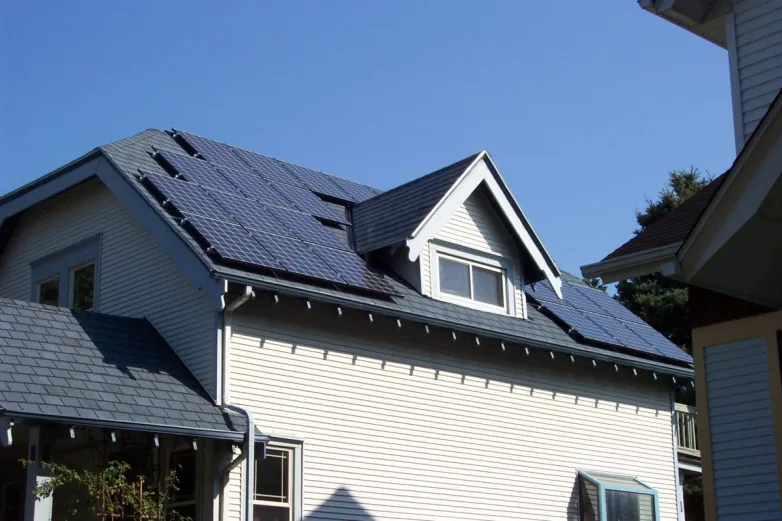Reliable rooftop solar+ storage without MPPT
- A German study group is attempting to determine whether the mix of solar as well as storage with straight combining as well as without the help of optimal power point tracking (MPPT) electronics is possible. According to its findings, this particular configuration may be reliable, yet it will likely require special panels and batteries.

Researchers at Germany's Jülich Institute for Energy as well as Climate Research (IEK-5) are checking out just how the combination of a rooftop PV system and a storage system can be a practical remedy if straight combining is applied and no optimum power factor tracking (MPPT) electronics are adopted.
The scientists justified leaving the MPPT modern technology aside as a result of the expenses it includes in rooftop solar+ storage tasks. They likewise stated complexity, power overhead, prospective reliability concerns, and also disturbance signals as various other variables.
" Both a PV harvester in a workplace space with reduced irradiance, non-demanding tons, as well as high freedom, and also a PV system on a roof covering with high irradiance, demanding lots, as well as partial autonomy, can operate successfully without MPPT electronic devices if an appropriate battery is included," the researchers specified.
They evaluated both various setups as a fundamental device of a PV component, with a marginal variety of cells combined to a solitary secondary battery cell.
" These units can be part of a larger panel or system or used individually," the team clarified. "Calculations are carried out for battery open circuit voltage range of 3.1 V to 4.6 V pertinent for modern-day industrial Li-ion cells."
The group claimed certain sets of speculative specifications for the PV system and the battery are called for in order to find an appropriate mix. This consists of the particular I-V profile of a PV component gauged at different irradiance factors of the target irradiance range, as well as a battery I-V particular at moderate state of cost. The batteries in this kind of job are not just a storage device, yet additionally an impedance-matching aspect that can match the resource and also the tons to make the most of the power transfer as well as lessen reflections, the study group claimed.
Nonetheless, the practical application of the model may be difficult with conventional solar modules and also batteries, because of the minimal spectrum of criteria they supply.
"Thus, fine-tuning of certain PV-battery combinations may require special PV components, batteries or both," the academics claimed.
They provided their research study in From space to roof covering: How feasible is direct coupling of solar-battery power unit under variable irradiance?, just recently published in Solar Energy as well as on the DirectScience site.
Also read

